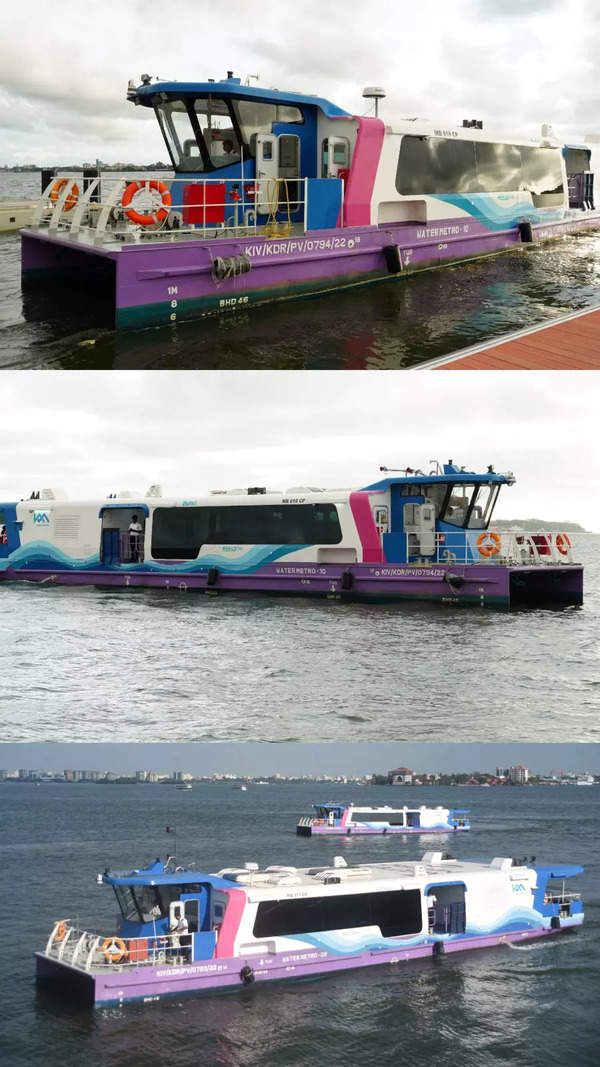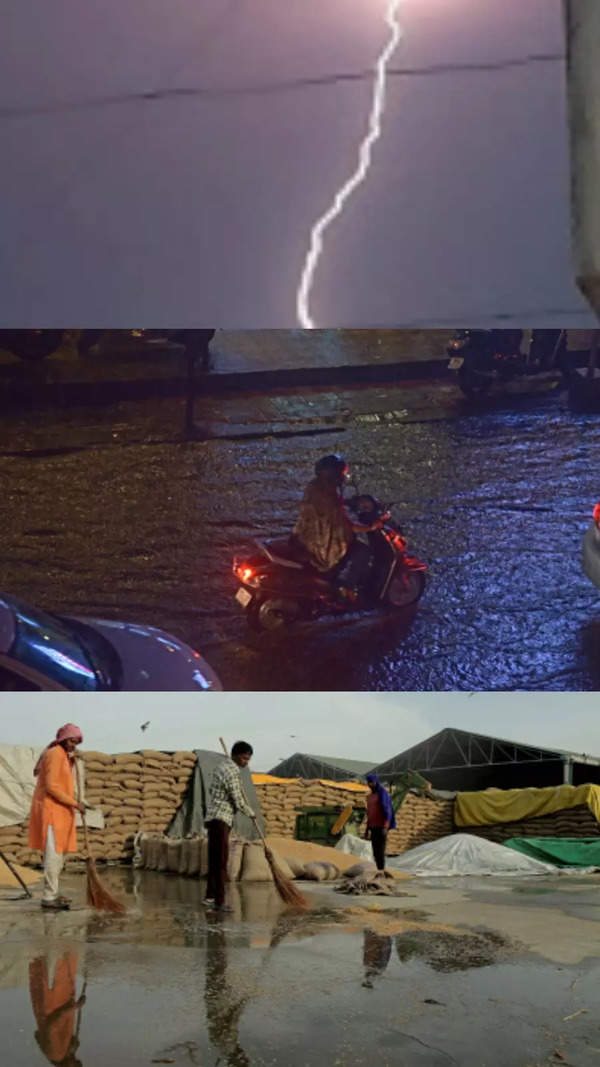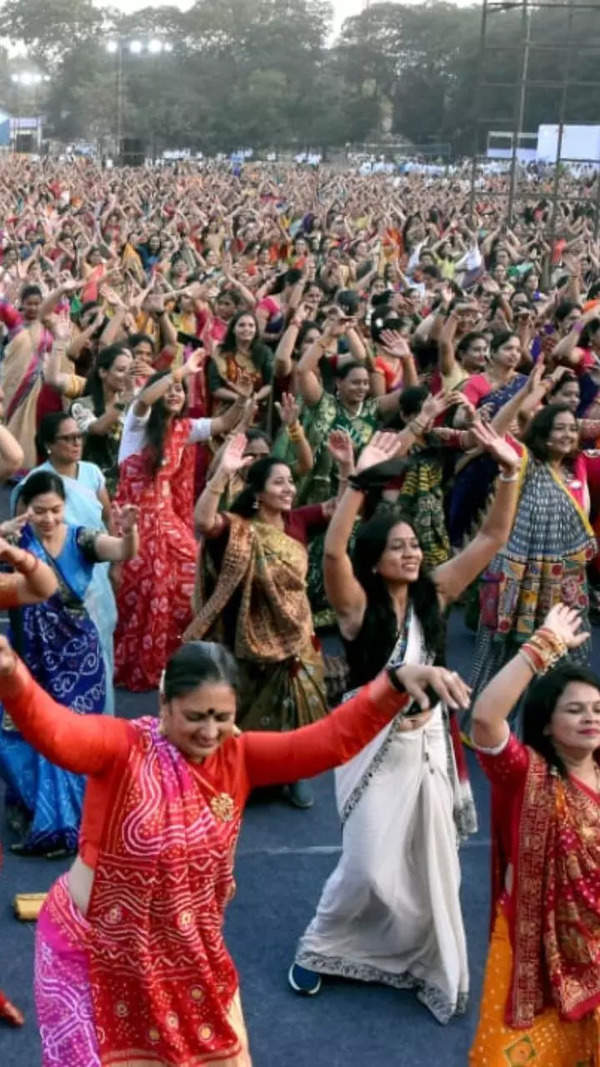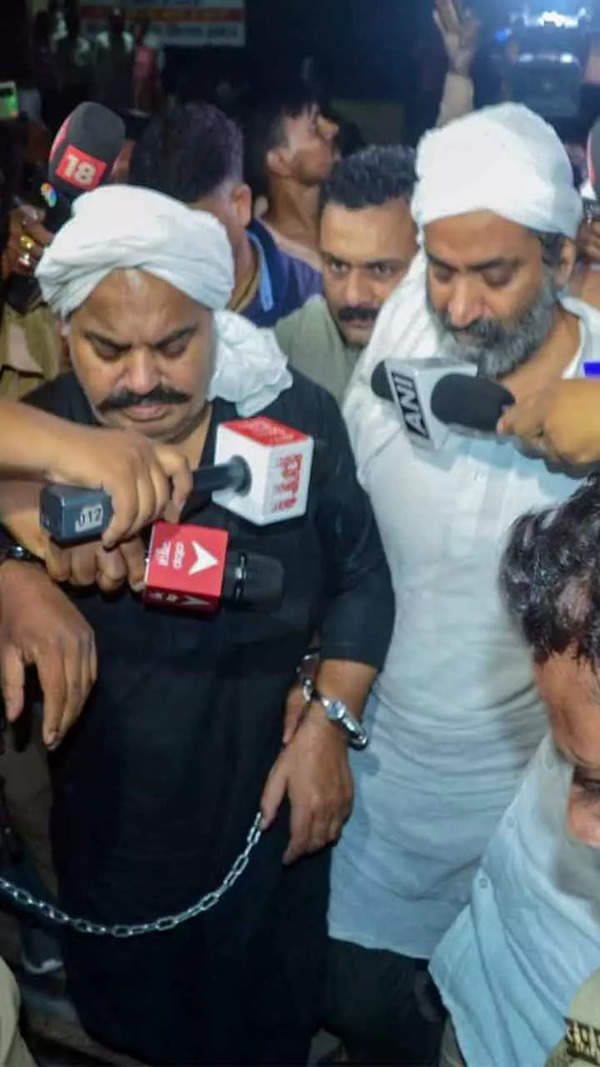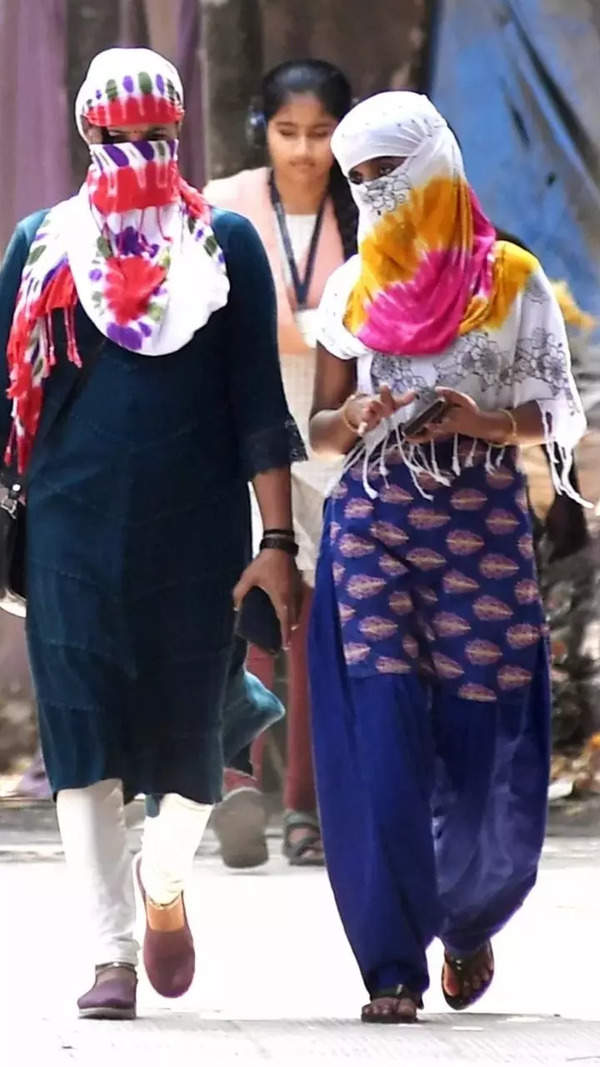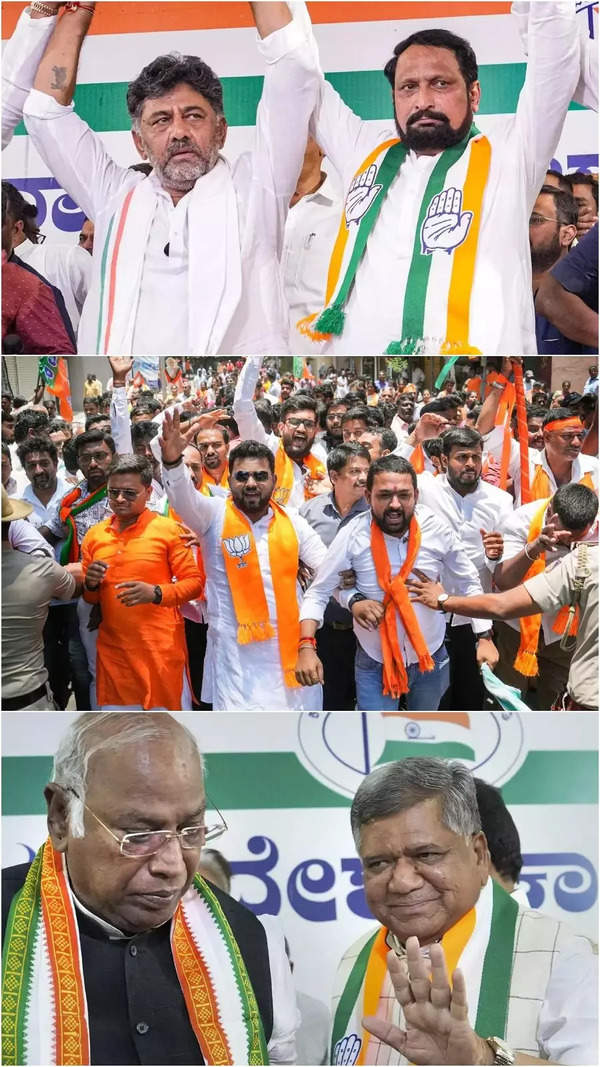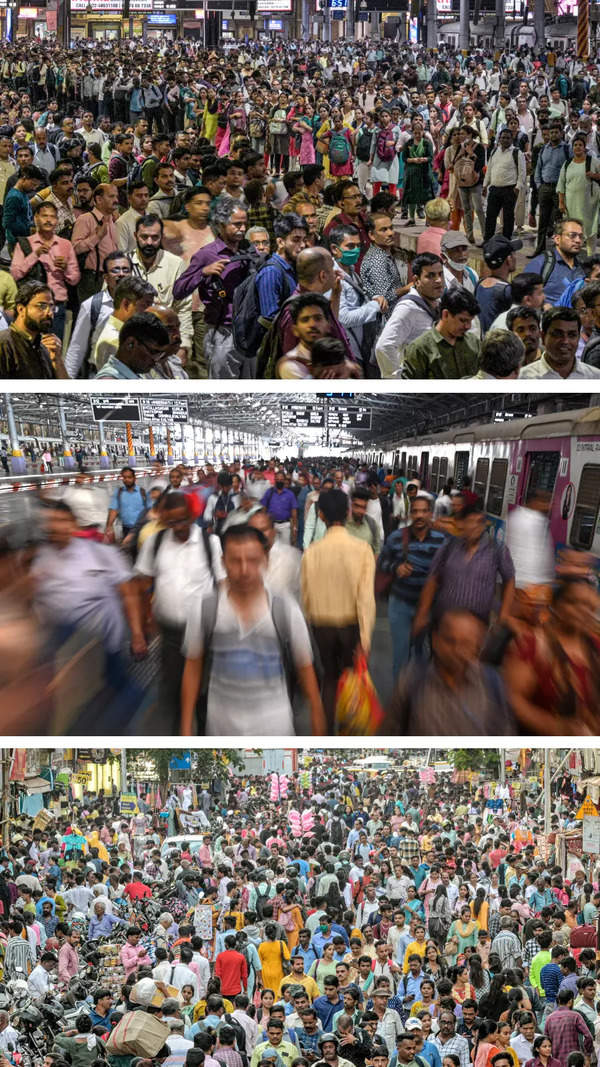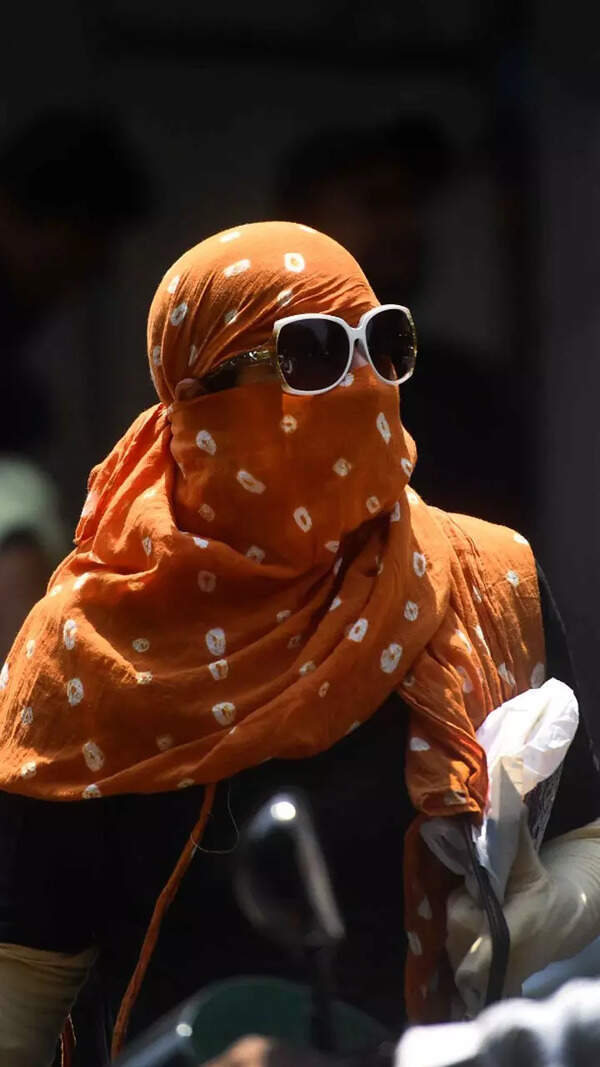- News
- City News
- nagpur News
- WRI, G’chiroli admn, NGO tie up to restore landscapes
Trending Topics
WRI, G’chiroli admn, NGO tie up to restore landscapes

Nagpur: Unlocking multiple climate and developmental opportunities for local communities in Gadchiroli, the World Resources Institute (WRI) India has partnered with Gadchiroli district administration, involving NGO Amhi Amchya Arogyasathi (AAA) by signing a tripartite MoU for implementation of landscape restoration and sustainable and regenerative agriculture in the tribal district.
“The WRI project is being implemented in Ethiopia and India. Gadchiroli, and a district each in Telangana and Andhra Pradesh, have been selected in India. In Gadchiroli, villages in two gram panchayats under Korchi have been selected,” said Dr Satish Gogulwar, director, AAA.

“This partnership is geared towards restoring forests, common land, and agricultural land through sustainable and regenerative agricultural practices and forest-based interventions that can help build the resilience of local communities,” said Dr Gogulwar.
Land restoration can also contribute towards ensuring food and nutrition security for local people as well as improving soil health, carbon sequestration, and enhancing biodiversity conservation.
District collector Sanjay Meena said, “Our partnership in six pilot villages can provide significant learnings for upscaling farmer-led land restoration.”
With 70% of its land under forest cover, Gadchiroli’s local communities including over 38% of the tribal population significantly depend upon non-timber forest products and agriculture for their sustenance.
Gadchiroli’s people and land both are highly vulnerable to increased climate impacts as more than 2.10 lakh hectares, which is almost 75% of the district’s cultivable land, is under rainfed agriculture.
WRI India’s upcoming findings show that Gadchiroli offers significant potential for land restoration through crop diversification, nutri-gardens, bamboo plantations etc. This can diversify income sources and generate employment opportunities for farmers as well as forest-dependent populations.
Ruchika Singh, director, Sustainable Landscapes and Restoration, WRI India, said, “Leveraging public funds from Central and state government schemes such as MGNREGS, National Mission for Sustainable Agriculture, Paramparagat Krishi Vikas Yojana, watershed funds is essential for community-led land restoration.”
Jayahari KM, India country coordinator, Food and Land Use Coalition (FOLU) India, said, “The immense support from the district administration to this effort indeed is a crucial factor in successfully establishing the model in one of the aspirational districts in India creating a win-win situation for nature and farmers.”
“The WRI project is being implemented in Ethiopia and India. Gadchiroli, and a district each in Telangana and Andhra Pradesh, have been selected in India. In Gadchiroli, villages in two gram panchayats under Korchi have been selected,” said Dr Satish Gogulwar, director, AAA.

“This partnership is geared towards restoring forests, common land, and agricultural land through sustainable and regenerative agricultural practices and forest-based interventions that can help build the resilience of local communities,” said Dr Gogulwar.
Land restoration can also contribute towards ensuring food and nutrition security for local people as well as improving soil health, carbon sequestration, and enhancing biodiversity conservation.
District collector Sanjay Meena said, “Our partnership in six pilot villages can provide significant learnings for upscaling farmer-led land restoration.”
With 70% of its land under forest cover, Gadchiroli’s local communities including over 38% of the tribal population significantly depend upon non-timber forest products and agriculture for their sustenance.
Gadchiroli’s people and land both are highly vulnerable to increased climate impacts as more than 2.10 lakh hectares, which is almost 75% of the district’s cultivable land, is under rainfed agriculture.
WRI India’s upcoming findings show that Gadchiroli offers significant potential for land restoration through crop diversification, nutri-gardens, bamboo plantations etc. This can diversify income sources and generate employment opportunities for farmers as well as forest-dependent populations.
Ruchika Singh, director, Sustainable Landscapes and Restoration, WRI India, said, “Leveraging public funds from Central and state government schemes such as MGNREGS, National Mission for Sustainable Agriculture, Paramparagat Krishi Vikas Yojana, watershed funds is essential for community-led land restoration.”
Jayahari KM, India country coordinator, Food and Land Use Coalition (FOLU) India, said, “The immense support from the district administration to this effort indeed is a crucial factor in successfully establishing the model in one of the aspirational districts in India creating a win-win situation for nature and farmers.”
Start a Conversation
FOLLOW US ON SOCIAL MEDIA
FacebookTwitterInstagramKOO APPYOUTUBE


